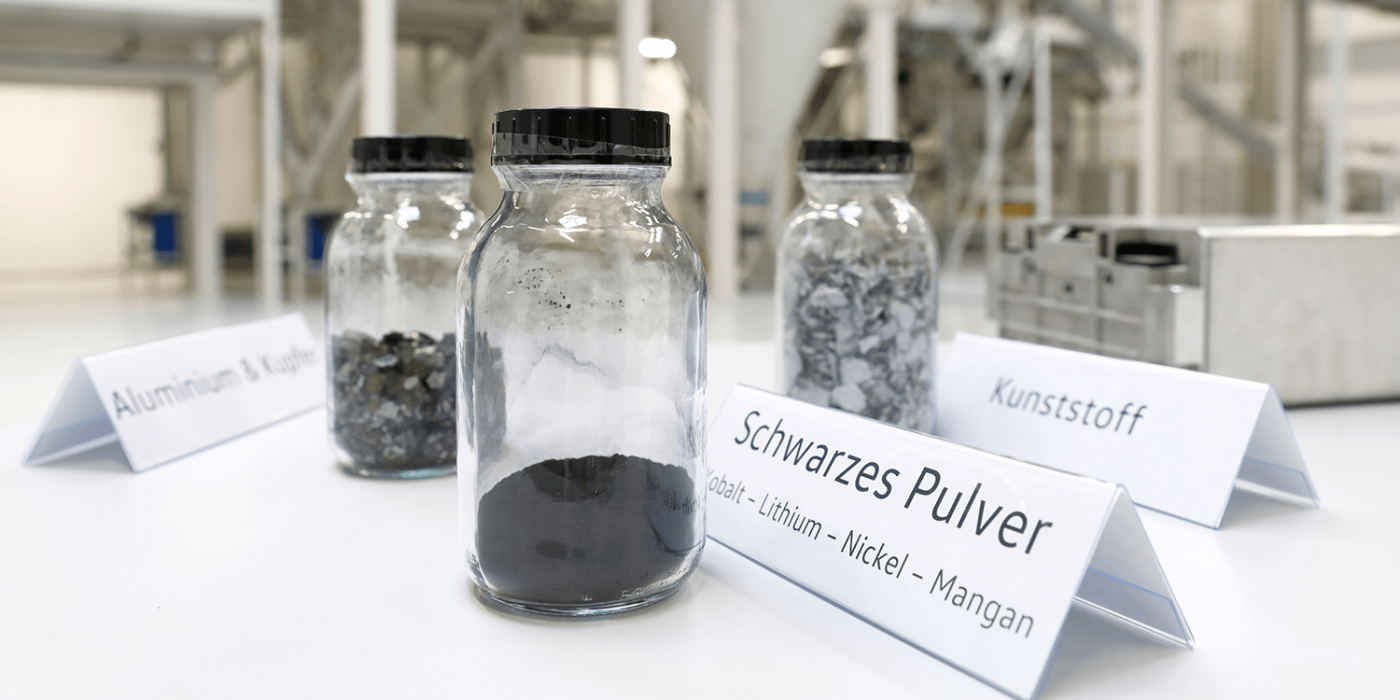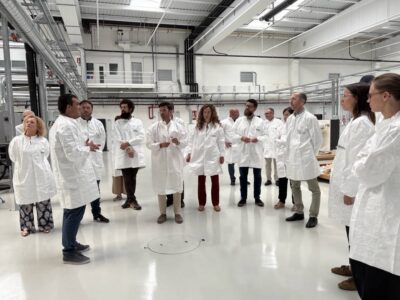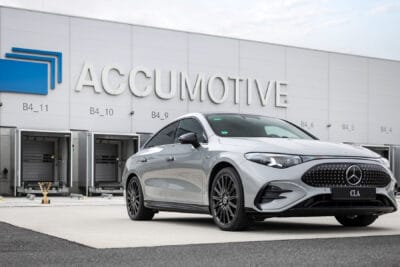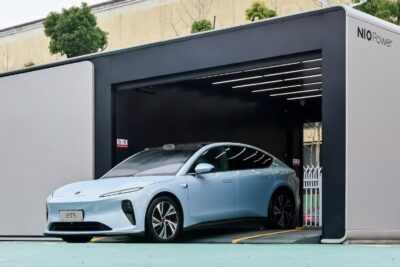Battery recycling research project to look into multiple re-use
A VW-led consortium with partners from industry and science wants to prove that the most valuable components of traction batteries can be recovered and reused several times in succession through recycling.
According to the Volkswagen press release, the research consortium ‘HVBatCycle’ aims to permanently recycle cathode metals, electrolyte and graphite from the anode in a closed material cycle. The project, which is funded by the German Federal Ministry of Economics and Technology, will research and develop the necessary processes over the next three years. “Closing the loop requires complex interdisciplinary processes,” the statement says.
Under the leadership of the Volkswagen Group, the companies Taniobis, J. Schmalz and Viscom are working together with researchers from RWTH Aachen, TU Braunschweig and the Fraunhofer IST on precisely these processes. The processes must be coordinated with each other in all processing steps in order to meet the requirements in terms of safety, for example, but also the quality and purity of the materials. VW also states, however, that the main issues are scalability and economic efficiency.
Unsurprisingly, mechanical-hydrometallurgical recycling is at the core of this. After the materials have been mechanically crushed and roughly pre-sorted, they are separated into their individual components using chemicals. This process requires much less energy and has a higher recycling rate than the pyrometallurgical process, i.e. melting down the battery.
As concrete development approaches, VW mentions, for example, the demand-oriented and economically optimised discharge of the delivered battery packs as well as the largely automated dismantling down to the electrode level. “This also includes an almost loss-free separation of active material and carrier foils as well as the recovery of graphite and highly volatile electrolyte components,” says VW. The subsequent hydrometallurgical processing of the black mass is also to be optimised, for example in the early and selective extraction of the lithium in soluble form. In addition, processes are to be developed to efficiently process important electrolyte components and the graphite.
In which areas these further developed sub-processes improve the recycling of the battery in general and what is being developed specifically with regard to repeated recycling is not specified by VW in the press release. It only says that VW is “very much interested in the realisation of a closed loop of cell materials”. The Wolfsburg company is therefore making available its recycling pilot plant in Salzgitter and also the know-how from the pilot cell production there.
Taniobis GmbH is a quality supplier of powders containing niobium and tantalum for hydrometallurgical manufacturing processes including solvent extraction. J. Schmalz GmbH is the world’s leading supplier of vacuum technology and one of the few full-range suppliers in this field. In the business field of vacuum automation, Schmalz supplies all vacuum components to build grippers for industrial robots. Viscom AG develops X-ray measurement solutions especially for use in the battery cell industry.
“The recycling of batteries and production rejects makes a decisive contribution to securing the supply of raw materials for our planned factories,” says Sebastian Wolf, Chief Operating Officer Battery Volkswagen AG. “Through the HVBatCycle project, a holistic view of the recycling processes and thereby the implementation of the closed loop of battery materials is being prepared.”
With reporting by Sebastian Schaal, Germany.





0 Comments